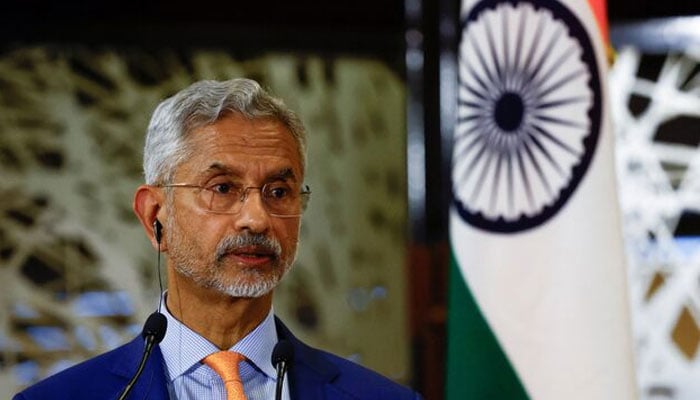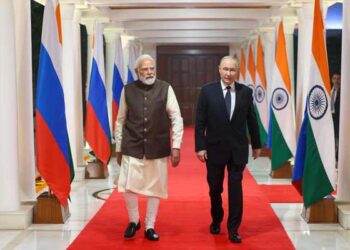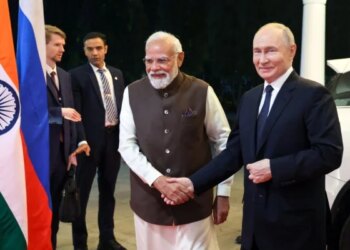Select Language:
Indian External Affairs Minister S. Jaishankar disclosed that U.S. Vice President J.D. Vance alerted Prime Minister Narendra Modi about the possibility of a major attack by Pakistan on the night of May 9. Vance urged India to agree to certain conditions to avoid escalation.
The recent attack in Pahalgam on April 22 escalated tensions between the nuclear-armed nations of Pakistan and India, as India attributed the violence to Pakistan without presenting any tangible evidence.
In a conversation with a U.S. news source, Jaishankar recounted that Vice President Vance contacted Prime Minister Modi directly to warn him that Pakistan would initiate a substantial military offensive if India did not make certain concessions.
“I was present when the U.S. Vice President communicated this to Prime Minister Modi on the night of May 9, emphasizing that if we didn’t agree on specific points, a significant attack from Pakistan was imminent,” Jaishankar said.
“That night, an extensive attack did occur,” Jaishankar confirmed.
Recently, the “Quad,” a strategic alliance involving the U.S., India, Japan, and Australia, refrained from naming Pakistan in a joint statement condemning the Pahalgam incident.
The U.S. State Department released a statement from the foreign ministers of the Quad members during their meeting in Washington but notably did not mention or assign blame to Pakistan.
Last month, both Pakistan and India engaged in military confrontations prompted by the April Pahalgam attack.
In retaliation for India’s actions, Pakistan’s armed forces launched a significant military response named “Operation Bunyan-um-Marsoos,” targeting various Indian military facilities across multiple regions.
Pakistan claimed to have downed six of its own fighter jets, including three Rafales, along with numerous drones. After approximately 87 hours of conflict, the fighting between the two nuclear powers concluded on May 10 with a ceasefire agreement mediated by the United States.
The ceasefire was initially announced by U.S. President Donald Trump via social media after discussions with both parties. However, India has disagreed with Trump’s assertion that the ceasefire was a product of his intervention and threats to cut off trade talks.
Conversely, Pakistan has acknowledged Trump’s role in the negotiations and has formally endorsed him for the 2026 Nobel Peace Prize, citing his contribution to easing tensions between Pakistan and India last month.







